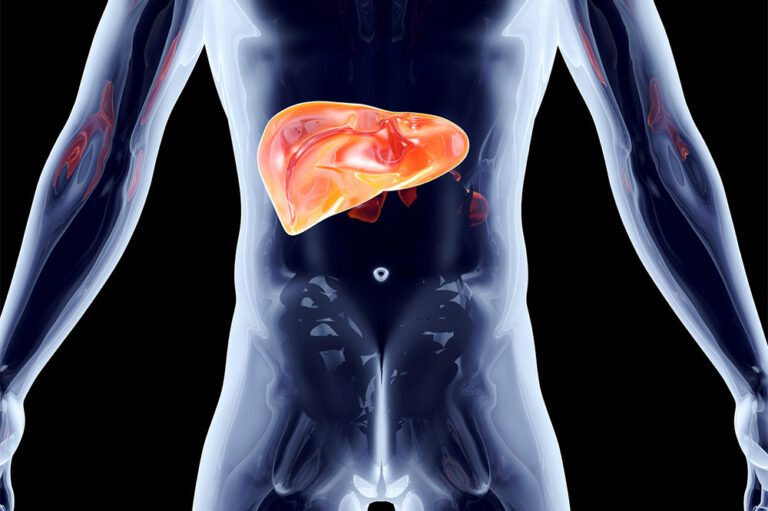
4 foods that may worsen breathing difficulties
In most asthma cases, food allergies and intolerances will trigger inflammation or result in the narrowing of the lung airways. An estimated 19 million individuals in the country have mild to moderate asthma, and it is vital for them to monitor their food intake. Drastic changes in daily eating habits will not necessarily help; however, moderation lowers the risk of flareups. Here are 4 such foods that trigger breathing difficulties for those with asthma.
Foods high in fat content
Red meats are heavily processed and contain saturated fats, which leads to an increase in LDL (low-density lipoprotein) levels in the body. Most saturated and processed fats tend to worsen symptoms like inflammation, causing difficulty breathing. The risk is especially high among people who suffer from conditions like asthma or COPD.
Dairy foods and beverages
Whole milk (the full fat variant) can trigger excess mucous production when the body breaks down the dairy product during digestion. Mucous buildup in the lungs increases the risk of infection and worsens the inflammation linked to asthma flareups.
Preservatives and artificial sweeteners
Most foods bought off the shelves in the supermarket are laced with preservatives and additives to increase their shelf life. These include different types of sulfites found in pickled foods and snacks, frozen seafood, and dried fruits or vegetables. Additives can trigger asthma flareups. Also, one of the more commonly used artificial sweeteners, aspartame, is the leading cause of food allergies that develop with asthma.
Foods that are rich in salt
Excess consumption of salty foods leads to an imbalance in sodium levels in the body. This increases the risk of edema, which is a fluid buildup that leads to swelling, causing blood pressure levels to rise. High blood pressure results in pulmonary hypertension, one of the risk factors associated with common respiratory disorders.
If the symptoms flare up persistently even after modifications and changes in the daily food regime, immediate medical attention is advisable. It could indicate a sharp increase in food intolerances. Asthma cannot be cured, but early diagnosis and treatment will help improve the overall quality of life.












